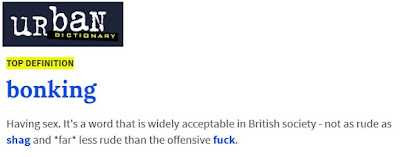Who wears short shorts?
We wear short shorts
They’re such short shorts
We like short shorts
Who wears short shorts?
We wear short shorts
Bob Dylan, Joni Mitchell and Yip Harburg must have wondered why they needed to try so hard. But some people are not as daft as they would have you believe. The Royal Teens’ pianist later founded The Four Seasons and wrote many of their songs, and another member of the band founded Blood Sweat & Tears.
It seems there were times when lots of us wore short shorts,
such as AC/DC guitarist Angus Young and Everton footballer Gary Lineker.
So why do I feel the need to curl up and hide under the bedclothes at the sight my shorts in the French High Cantal in 1978?
I get a cringe attack just from the rest of the outfit alone.
And if that’s embarrassing, take a look at this, not a pair of shorts in sight.
Dare I scan in any more old colour slides?







